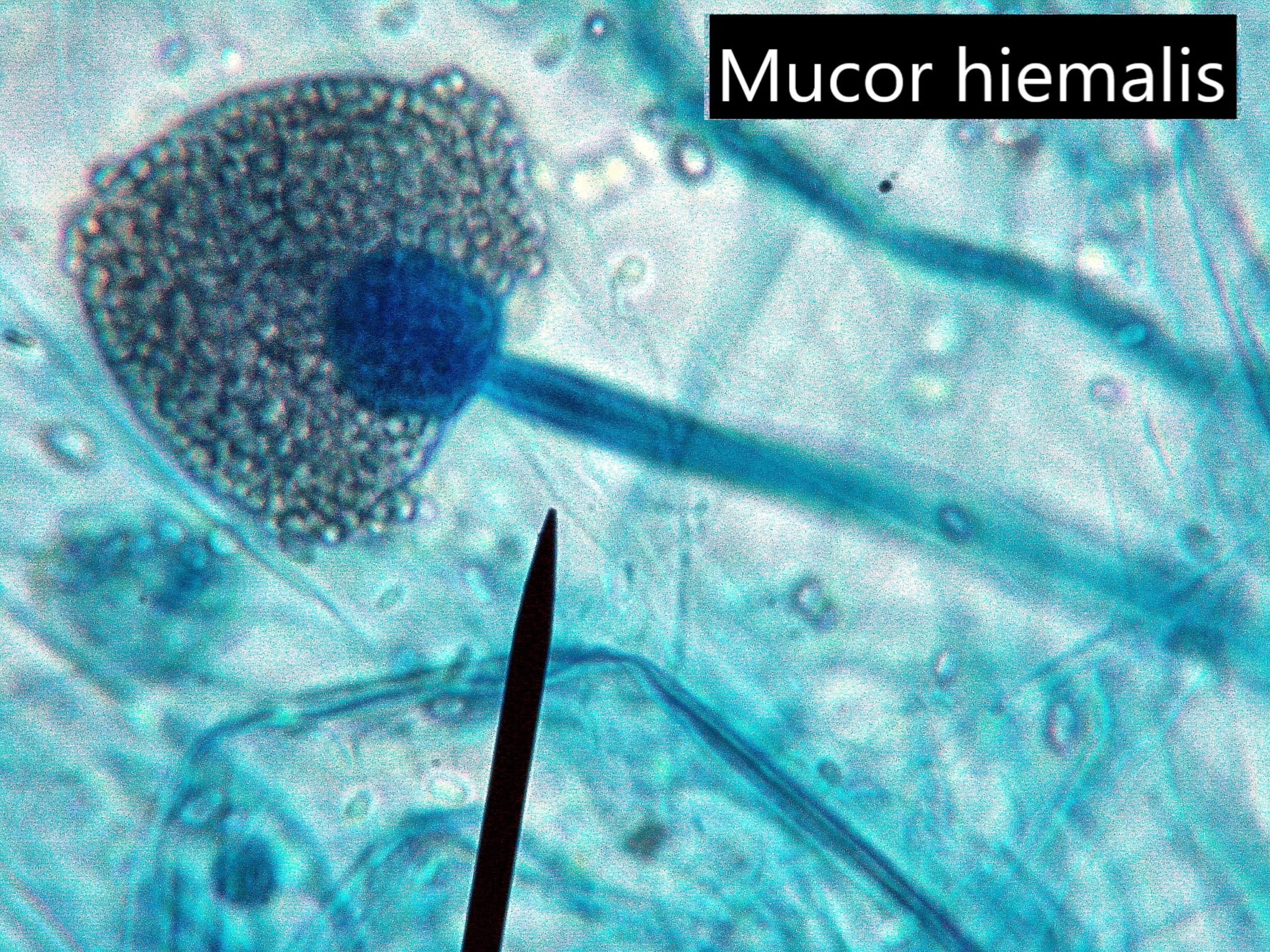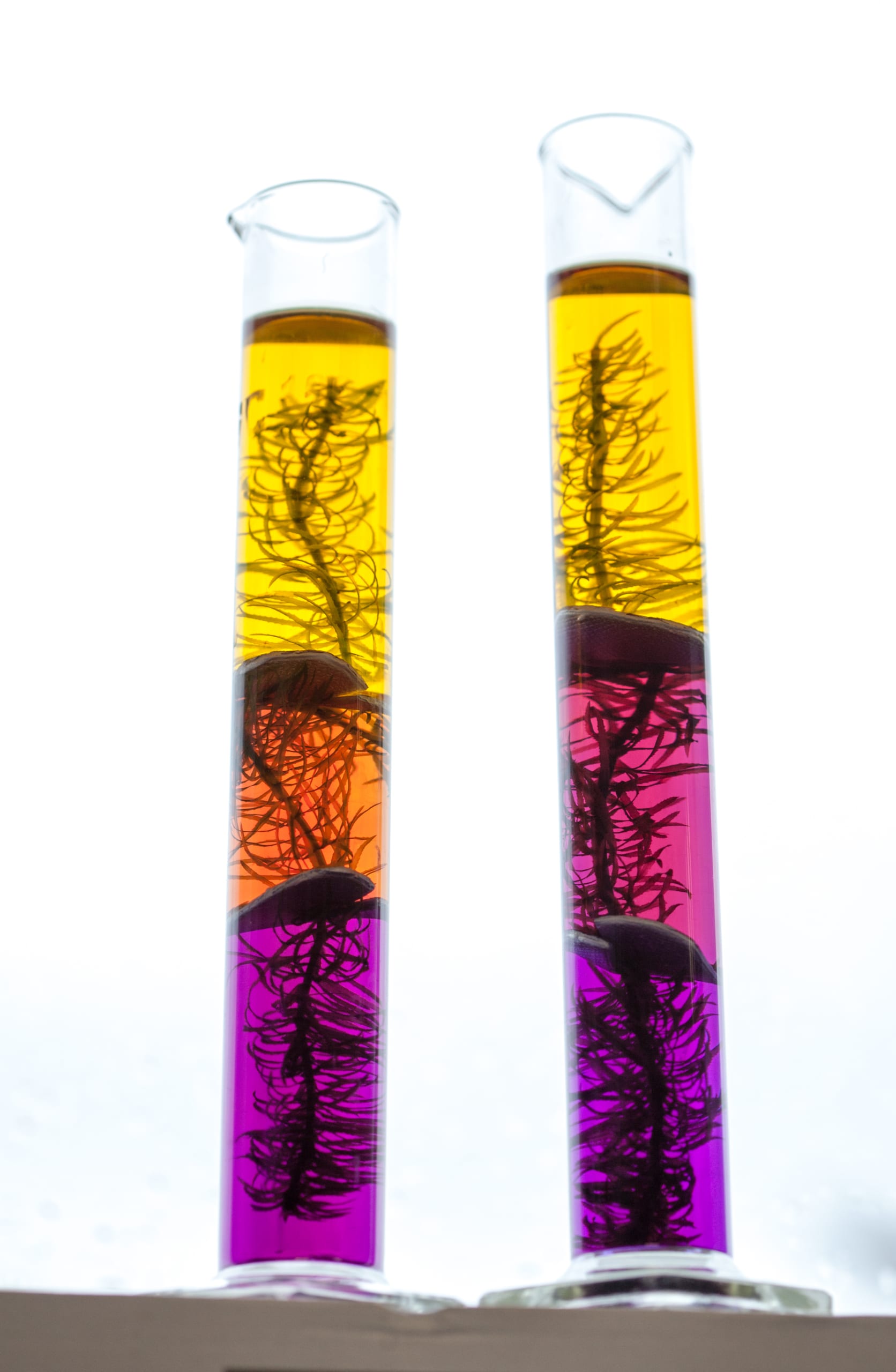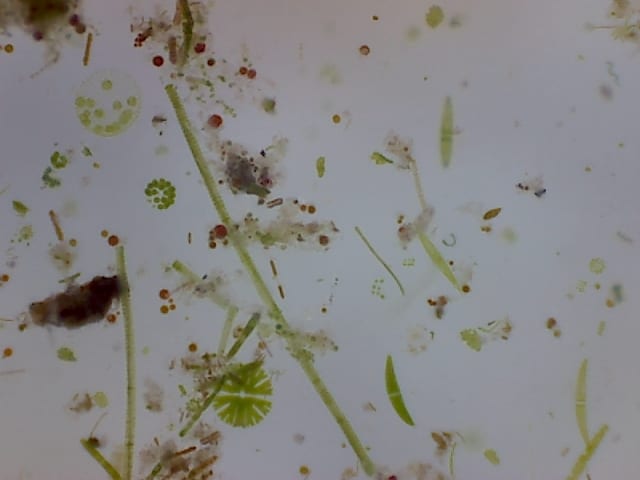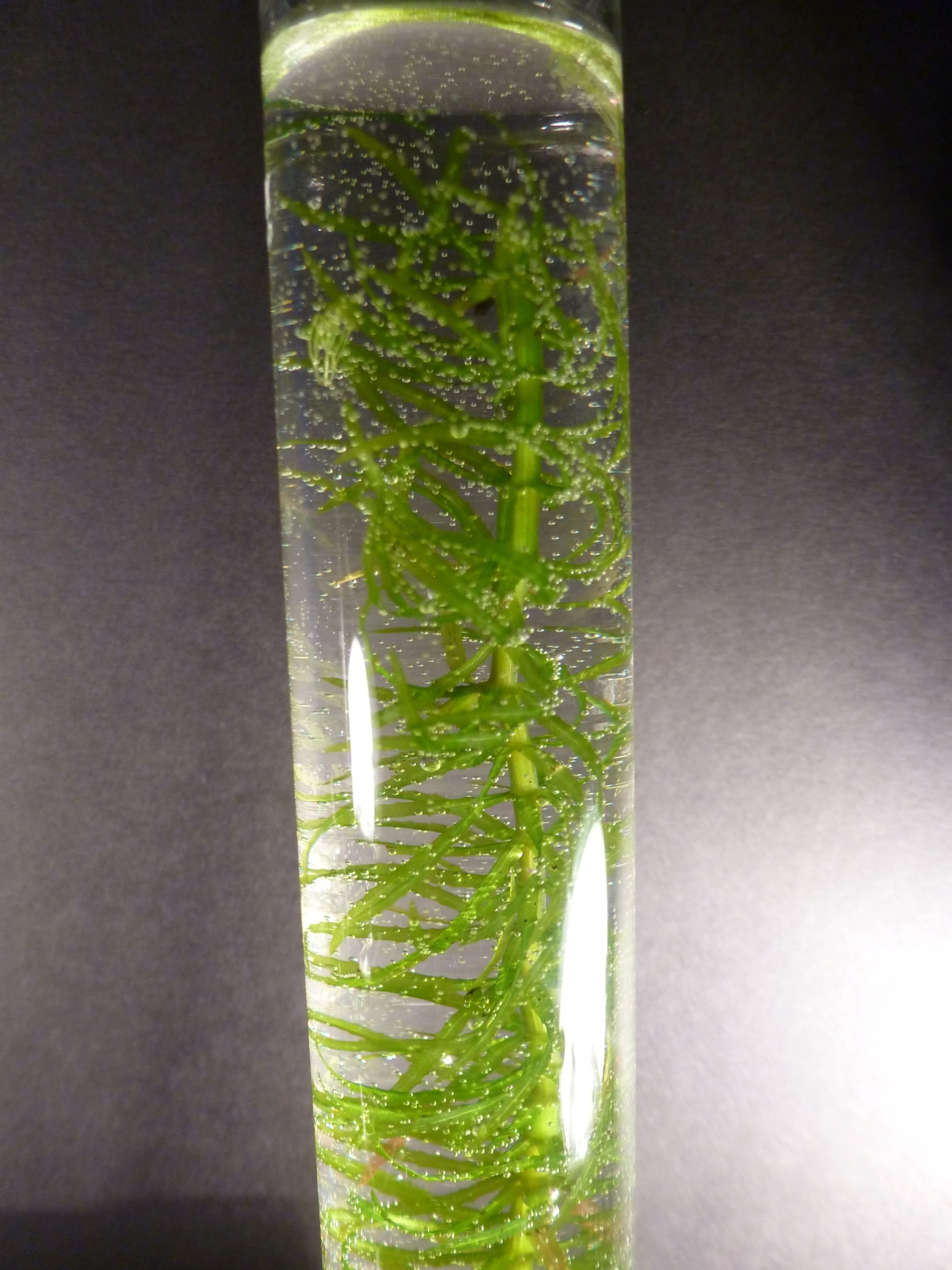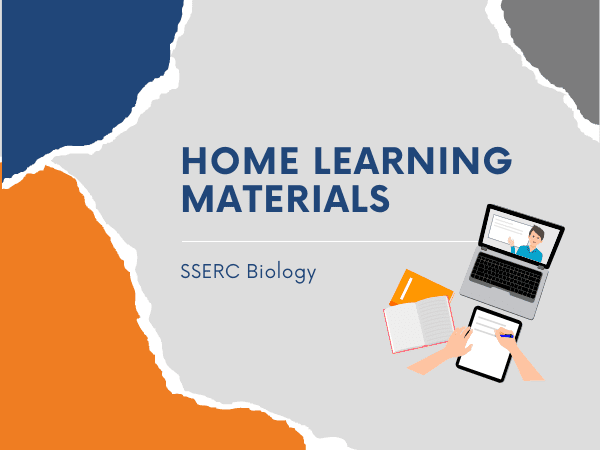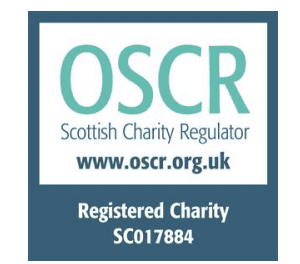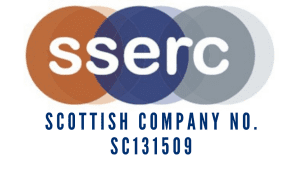SSERC Biology Learning from Home – some useful resources
Over the years SSERC has worked with colleagues within external partner organisations on the development of resources and many of these colleagues have delivered sessions at our professional learning events. On this page we will gather some of their resources, together with SSERC resources, which may be useful for home learning for both teachers and pupils at this time.
Click Links Below for online Resources
The Centre for Regenerative Medicine, Edinburgh
Dr Cathy Southworth describes how using origami as an analogy for the role of stem cells led to the production of origami organs….you could make some.
https://www.eurostemcell.org/unfolding-collaboration
Also:
Hope Beyond Hype – the stem cell research comic
Start With A Stem Cell Outreach Kit
University of Edinburgh School of Biological Sciences
Dr Daniel Barker of the Institute of Evolutionary Biology has shared the following link which will take you to Bioinformatics workshops for National 4/5 Higher and Advanced Higher pupils. Some of this may be useful for your own professional learning.
https://4273pi.org/teacher-resources
Science and Plants for Schools
A thought provoking film for students considering a career in science:
https://www.saps.org.uk/secondary/themes/849-careers-in-science
Inspire your science club:
https://www.saps.org.uk/secondary/science-club-activities
Online learning courses for your own professional learning, or for older students.
@SAPS_News #LearnAtHome
SSERC Resources
It might be an appropriate time for learning about the immune system. Via the following link you access some SSERC resources and a SSERCmeet on SSERC TV which supports the study of immunity at Higher level.
https://sserc.pogo-app.co.uk/subject-areas/biology/higher-human-biology/
University of Glasgow
Kevin O’Dell, Professor of Behaviour Genetics, University of Glasgow, has an interesting take on our inter-relatedness in the following TED talk:
https://www.ted.com/talks/Kevin O’Dell who do you think you are
Another selection of items from the Centre for regenerative Medicine:
Some of this may be suitable for your own home learning, or for your students. The animations in
A Stem Cell Story are delightful!
“An award-winning introduction to the world of stem cell research. Innovative hand-drawn animation, beautiful cell photography and documentary interviews capture the fascination and complexity of this cutting-edge area of science.”
https://www.eurostemcell.org/stem-cell-story
“This six-minute film takes a closer look at how and why scientists grow stem cells in the lab. With the same visual style that makes A Stem Cell Story so appealing, this film’s mix of timelapse photography, live action and hand drawn animation transports viewers into the cell culture lab. Ideal for senior biology classes.”
https://www.eurostemcell.org/cell-culture
What is cloning and what does it have to do with stem cell research?
https://www.eurostemcell.org/what-cloning-and-what-does-it-have-do-stem-cell-research
Dolly and Beyond….Professor Sir Ian Wilmut and others the ethics of cloning and the use of stem cells:
https://www.eurostemcell.org/dolly-and-beyond
University of Edinburgh
Science Insights Online
“Science Insights Online is an exciting work experience programme designed to give 5th year high school pupils a real insight into the work and life of research scientists.”
https://www.ed.ac.uk/medicine-vet-medicine/outreach/science-insights
The Microbiology in Schools Advisory Committee (MiSAC)
http://www.misac.org.uk/about.html
Holds an annual competition. The aim of the competition is to increase an understanding among teenagers of how vaccines work and their uses in controlling infectious diseases in children. Certificates and prizes are available! This might make a nice wee project for students with an interest in microbiology who are currently home learning….and it’s topical.
http://www.misac.org.uk/PDFs/Misac%20competition%202020.pdf
Easter Bush Outreach Centre, Roslin Institute provided this link:
https://www.ed.ac.uk/easter-bush-campus/science-outreach-centre/home-classroom-educational-resources
From the Wellcome Trust’s Wellcome Genome Campus
Please note that if you are sharing these with learners, some activities require adult supervision.
“As a starter we have a home learning pack for primary and can be used for lower secondary that may be of use.” https://www.yourgenome.org/sites/default/files/downloads/general/home-pack/yourgenome-homepack.pdf
From the Moredun Institute
- The presentation describes what germs are (bacteria, viruses, etc) and how to stop their spread through e.g. handwashing. Find it HERE
- A series of short animations, each focusing on an important livestock health topic: https://www.moredun.org.uk/foundation/outreach/animation-series
The Rowett Institute of Nutrition and Health
Activities explore difference aspects of our food including healthy diets, nutritional components, health and wellbeing and impact on our climate. Where possible the activities have been related to the curriculum for excellence enabling their use in the classroom while being relevant for particular learner age groups. There are several resource packs that can be downloaded from the Rowett website: http://bit.ly/Rowett_Schools
The London School of Hygiene & Tropical Medicine
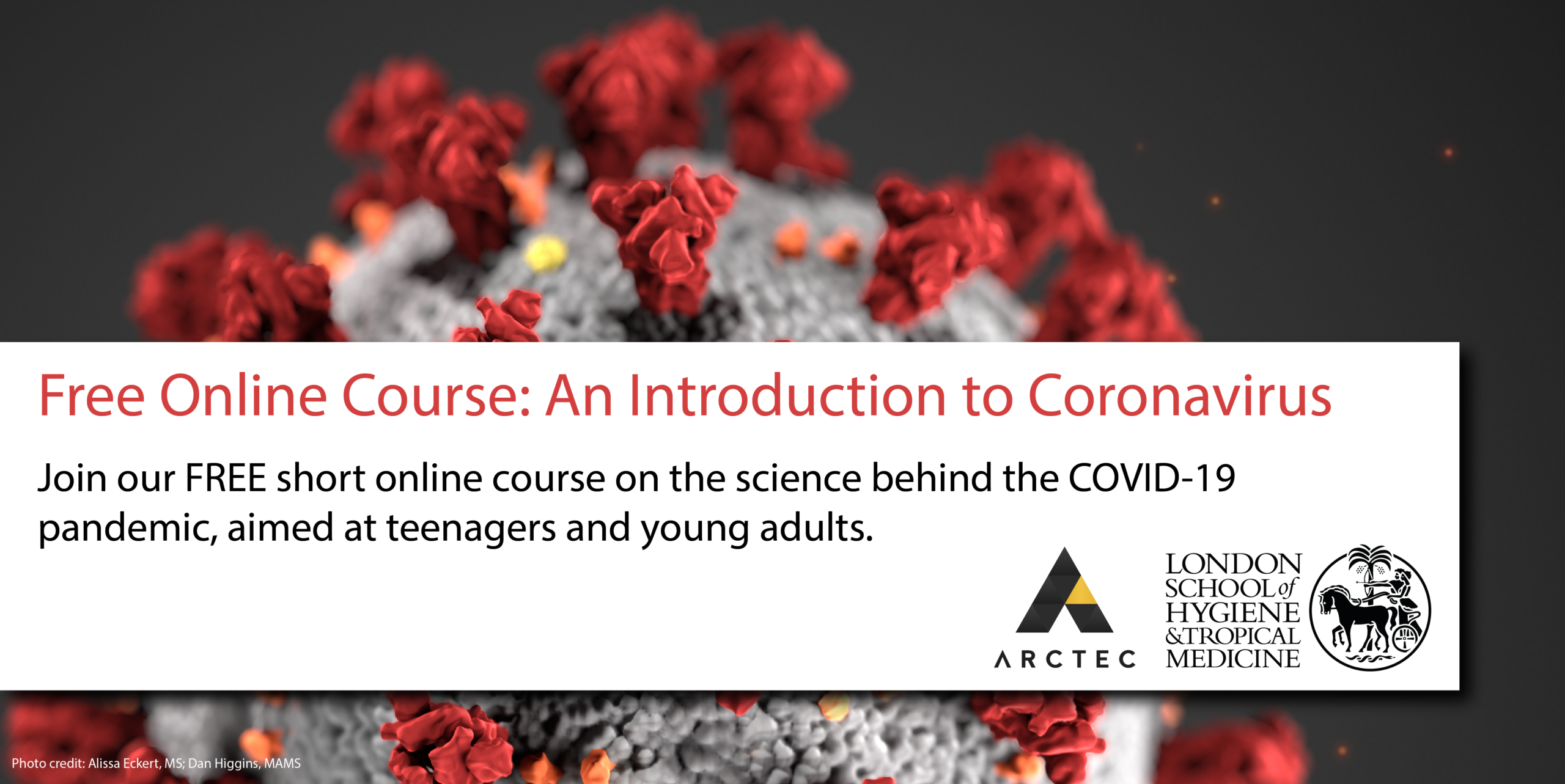
The London School of Hygiene & Tropical Medicine have launched an exciting new course aimed at teenagers and young adults, on the science behind the COVID-19 pandemic.
The course is completely free for the learner to enrol, and covers some of the basics behind coronavirus (what is it, why it is different to other infectious diseases), with later steps going into detail on more complex topics such as R0, herd immunity, vaccines, testing and epidemiology.
The course can be accessed here: https://www.open.edu/openlearncreate/course/view.php?id=5319
